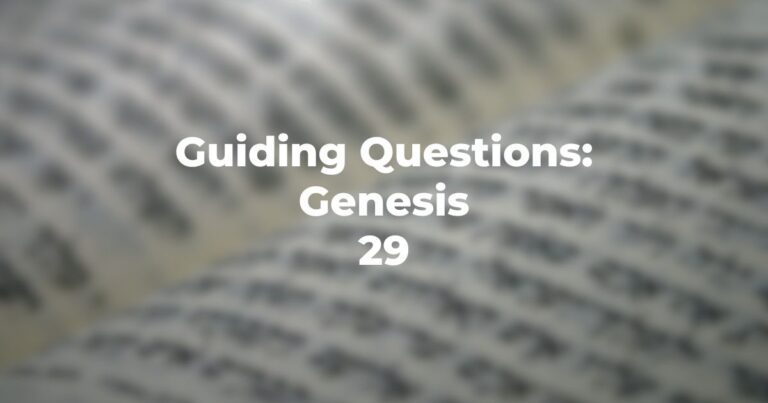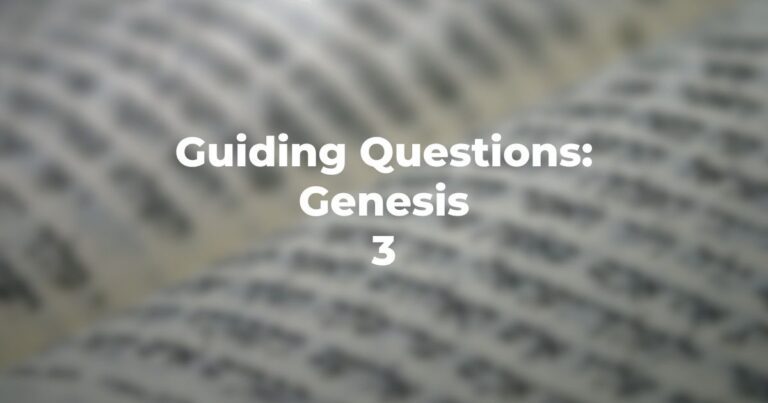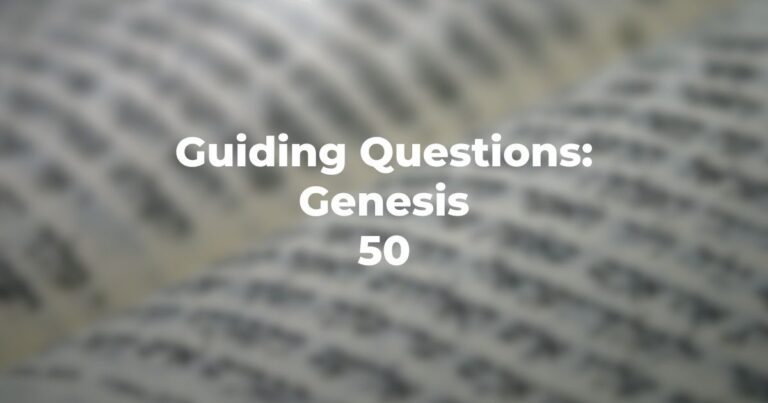- Who might the speaker be and who is “my people”?
- What is it that the speaker wishes to transmit to coming generations?
- According to Psalms 78:5, what is the important mandate given to Israel in terms of its descendants?
- In Psalms 78:7, what is the imperative for Israel — what must it observe?
- Having read Psalms 78:1-8 verses and returning to Psalms 78:1, with the Hebrew “Haazinah” — would this be a construct based upon Moses’ Tefillah/charge in Haazinu (Deuteronomy 32)?
- Rereading these verses, are there other phrases and individual words which come from the same source in Deuteronomy?
- In Psalms 78:9-11, are all of the Israelites chastised or only one group?
- Psalms 78:12 and those that follow refer to what period in Biblical history?
- What does Psalms 78:13, in particular, have in mind?
- To what event in the Five Books does Psalms 78:15 make reference?
- Psalms 78:17-20 refer to the reaction of the freed slaves in the wilderness — and what was that reaction?
- Psalms 78:20-22 bespeak God’s anger; what was the actual “conduct” of the Divine (Psalms 78:23-27)?
- But, in spite of this (Psalms 78:30), how did the freed slaves conduct themselves, and as a result what was the action of God (Psalms 78:31)?
- How do Psalms 78:35-42 indicate the constant tension between God’s forgiveness and Ephraim’s rebellion?
- To what events do Psalms 78:43-55 make reference to?
- Psalms 78:56-59 indicate the ultimate transgression (following all of God’s forgiveness, salvation from Egypt) — and what was that ultimate transgression?
- Psalms 78:60 makes reference to God’s dwelling in Shiloh — not Jerusalem?
- Concluding with Psalms 78:67, was there any forgiveness, finally, for Ephraim?
- Yet, what do Psalms 78:68-72 indicate as God’s preference?
- Would this Psalm, then, have been written by a partisan of Judah and the Davidic line?
- To repeat, what, then, was the final destiny of one entire segment of Israel?
Author
-

Exploring Judaism is the digital home for Conservative/Masorti Judaism, embracing the beauty and complexity of Judaism, and our personal search for meaning, learning, and connecting. Our goal is to create content based on three core framing: Meaning-Making (Why?), Practical Living (How?), and Explainers (What?).
View all posts





